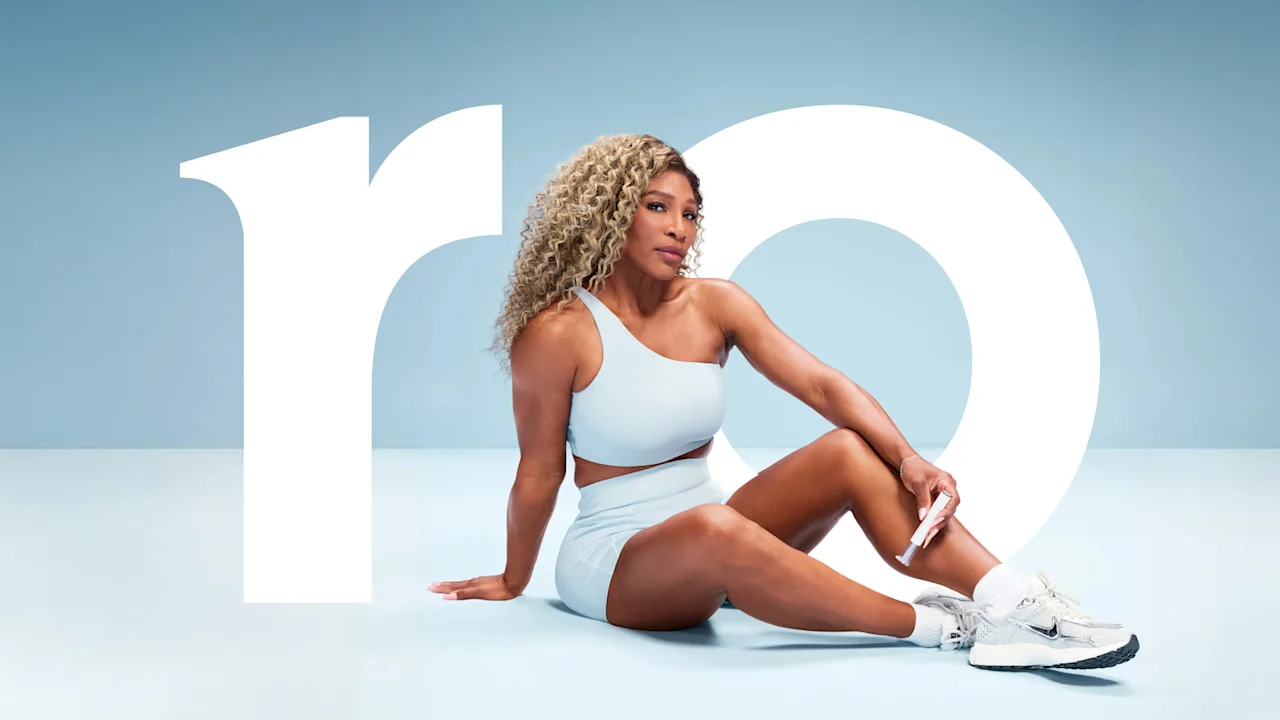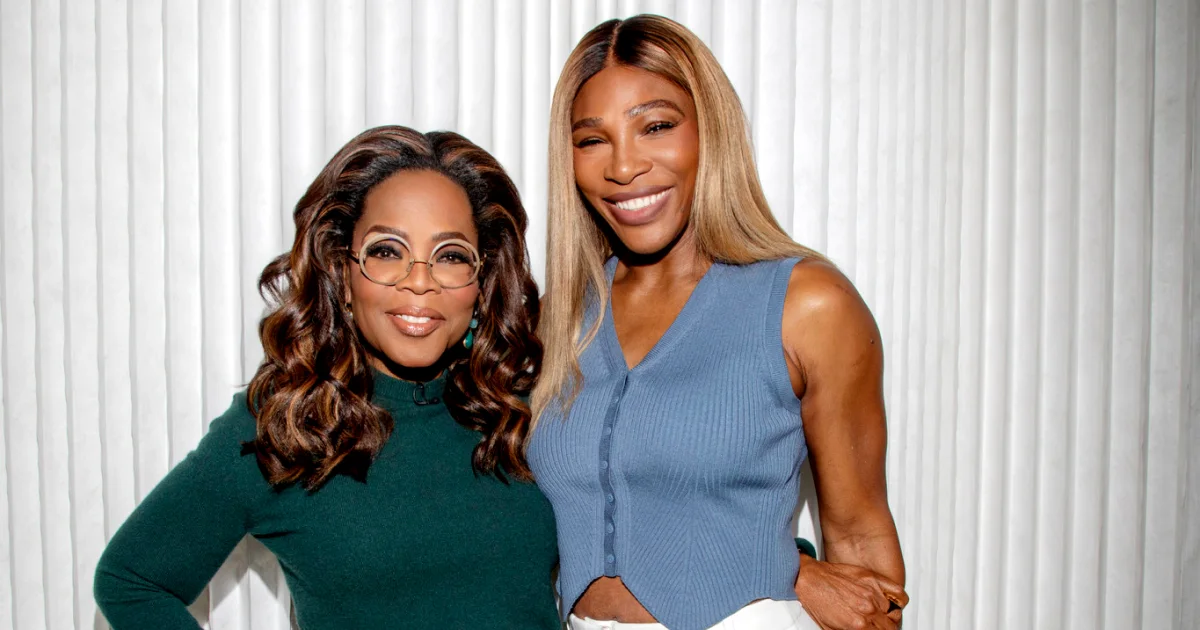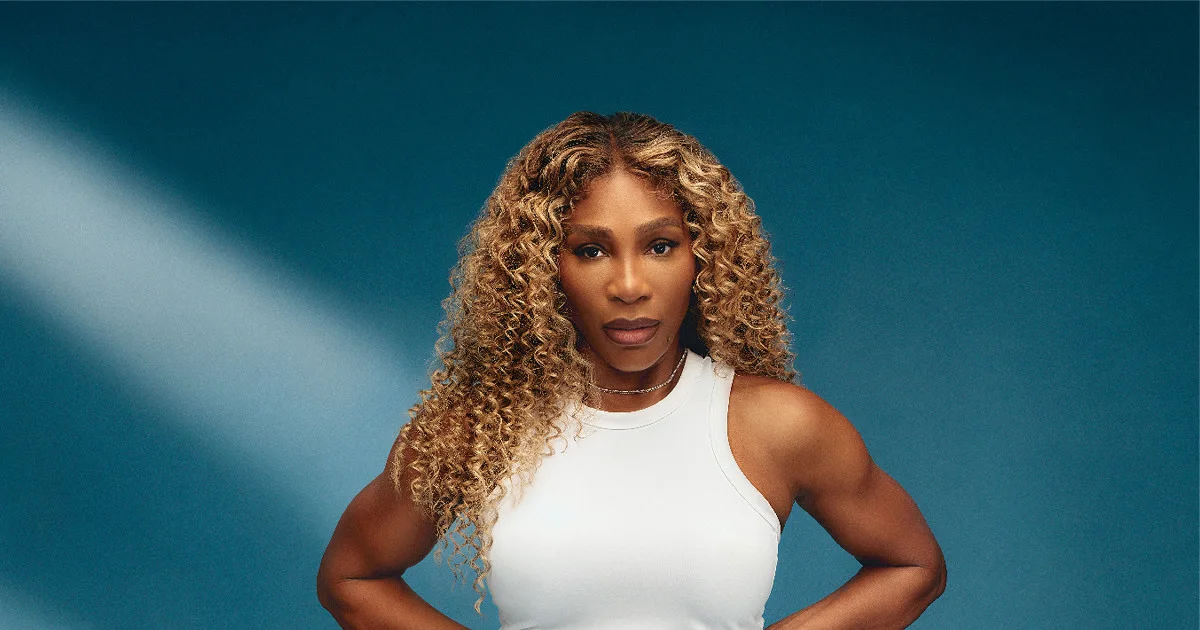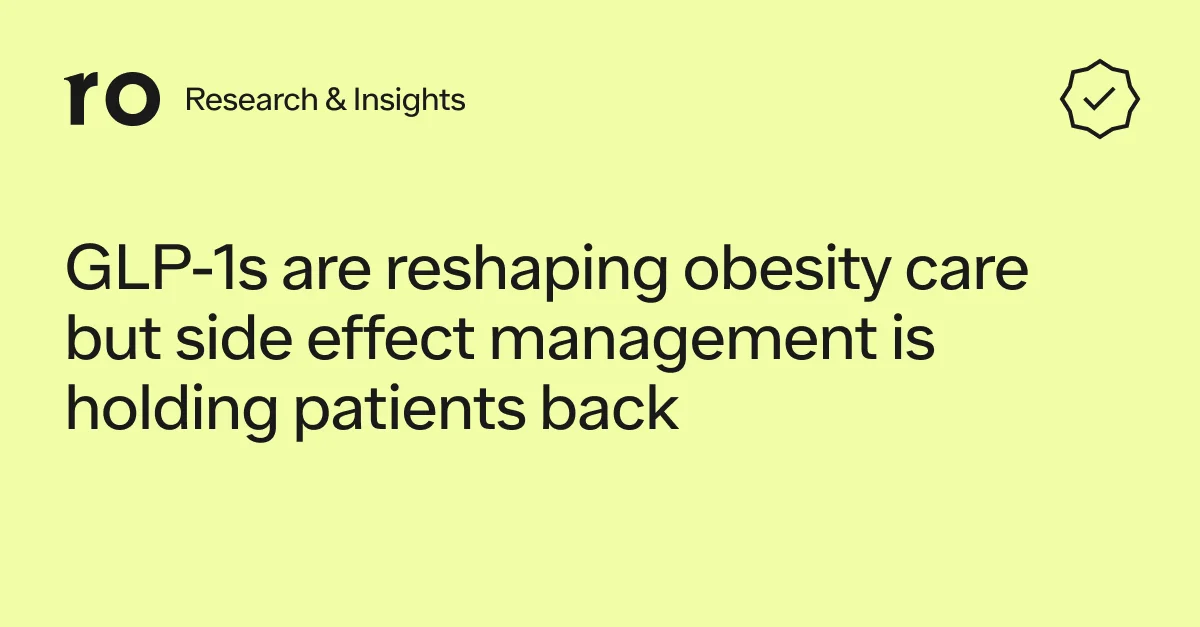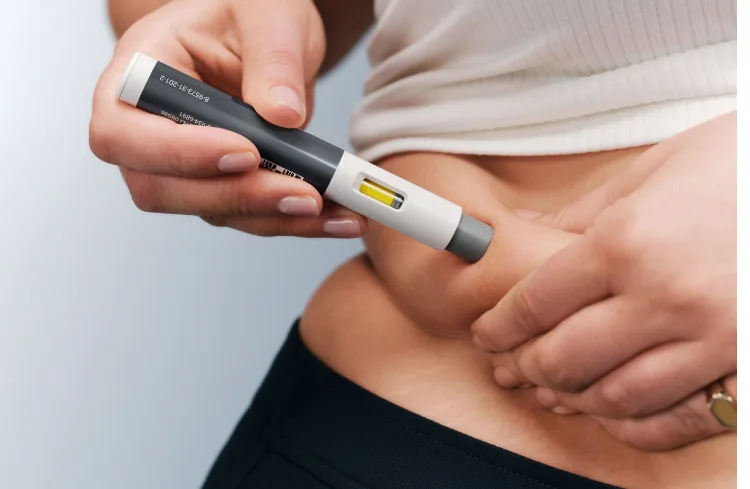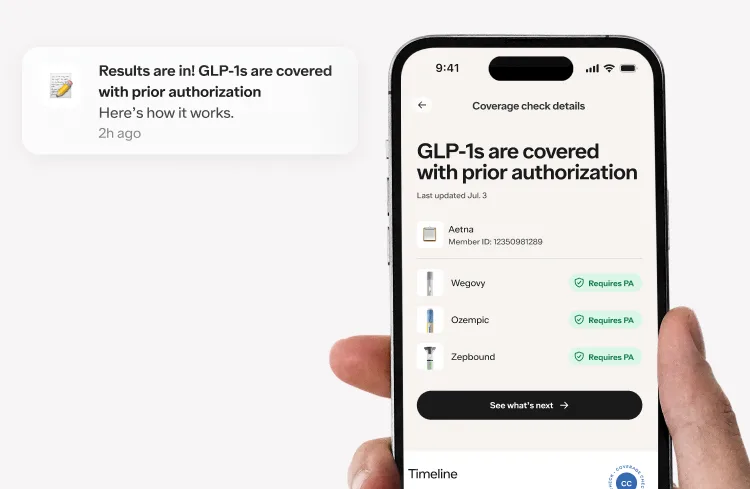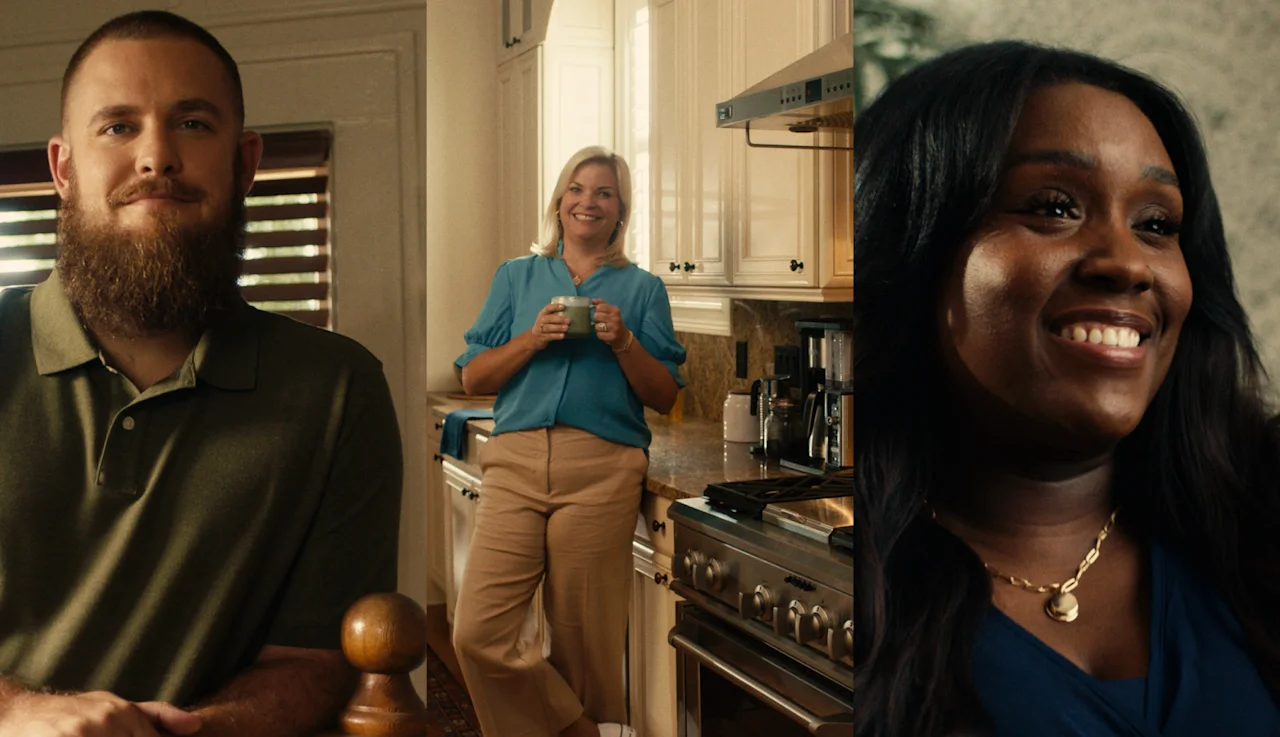
Undoubtedly, weight loss is one of patients’ primary goals when seeking treatment with GLP-1s, but other common motivations stretch far beyond shedding pounds. Data and insights from Ro Body patients highlight how incentives for seeking care differ among men and women.
Despite what many may assume, when it comes to looks, there’s no evidence that women care more than men about the physical appearance benefits of weight loss. Instead, our data suggests that men and women share similar motivations to lose weight and improve their health and appearance.
When asked what they hope to accomplish with the Body Program:
~23% of women vs ~24% of men say they want to improve their general physical health
~19% of women vs ~18% of men say they want to increase energy for activities they enjoy
~19% of women vs ~17% of men say they want to increase confidence in their appearance
Where differences are more apparent between men and women is in their experiences with weight and efforts to manage it before seeking care through Ro. Women report trying both prescription medication and commercial weight loss plans (like support groups or meal replacements) at 2x greater rates than men.
When asked how they tried to lose weight before coming to Ro:
~14% of women vs ~8% of men said they tried commercial weight loss plans
~8% of women vs ~4% of men tried prescription medication
Surveys of Body Program patients spotlight additional similarities and differences in how men and women view GLP-1s and weight loss.
Men are more likely to look to GLP-1s to provide "a boost," and are more likely to view their treatment journey as short term
40% of men say they “would like to get off weight loss medication as soon as possible” vs. 26% of women
Women are more likely to look forward to the following weight loss milestones:
Going to the gym/work out (32% for women vs. 22% for men)
Running around with their kids (25% for women vs 13% for men)
Walking up the stairs comfortably (32% women vs. 19% for men)
Aligning with Ro’s data shared above, men were less likely to have tried losing weight previous to coming to Ro
24% of men said they had not tried any method of weight loss vs. 9% of women
Women are more likely than men to have felt judged by their past healthcare providers
62% of women vs 47% of men
In a roundtable discussion last year, several Body Program patients shared their personal motivations for seeking care through Ro and wanting to lose weight.
Josh, a military veteran and father of three kids shared that he’d walk 25,000 steps a day for work but still gained weight. He is driven to do something about his weight and health because he has little kids to chase around.
Kerry, a woman who works from home and lives in a small mountain town, has dealt with obesity her whole life and is now in her 50s. She is motivated to get fit to improve her confidence and health as she ages, and has goals of traveling to Japan and taking dance classes.
Marva, a dog mom who works in sales, wants to gain a sense of self control over her health. She wants to keep up with her dog Nala and go Ziplining without worrying about her weight.
All three patients tried a variety of diets — from keto to intermittent fasting — but did not see results that helped them achieve or maintain their goals. These patients all joined the Body Program to get healthier so that they can, in each of their individual ways, live their lives to the fullest.
How the data and insights for this post were collected:
Ro data: Anonymized patient responses in online visits for the Body Program.
Ro insights: Statistically significant insights from an internal survey of Body Program patients. Patients were offered $5 in Ro credits for survey participation.
